Carney Scrapes Through Confidence Vote as Canada Braces for Tariff Pain
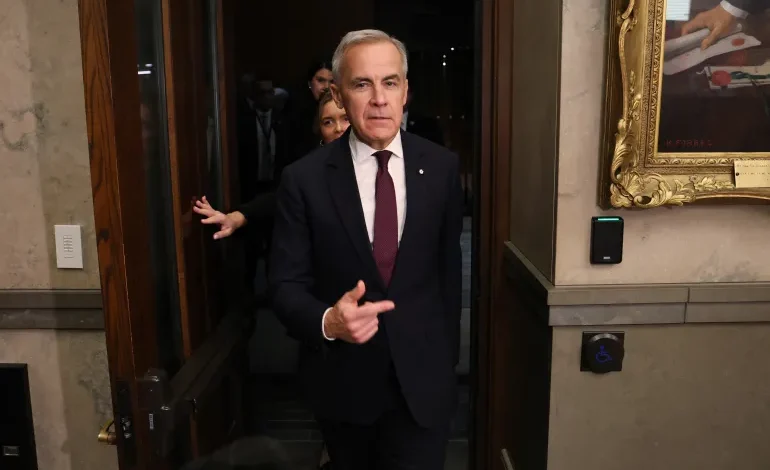
Prime Minister Mark Carney’s minority government has dodged an early collapse, barely.
In a nail-biting 170–168 confidence vote on Monday, the House of Commons agreed to begin debating his first federal budget, sparing Canada a second election in under a year. The victory margin was so thin it practically rattled, but it keeps Carney’s fiscal blueprint alive and signals that, barring political self-sabotage, it will eventually pass.
“It’s time to work together to deliver on this plan, to protect our communities, empower Canadians with new opportunities, and build Canada strong,” Carney posted on X, once again framing his budget as both economic shield and national renewal project in the face of US tariffs.
Carney has leaned hard on the idea of a “generational” economic reset, one that pulls Canada slightly back from US economic dependence while throwing money at defence, housing, and trade countermeasures. That ambition comes with a price tag: a nearly doubled deficit hitting 78.3 billion Canadian dollars.
To Carney, that’s simply the cost of surviving Donald Trump’s protectionist hurricane. He’s repeatedly warned that “US tariffs and the associated uncertainty will cost Canadians around 1.8 percent of our GDP,” positioning Ottawa’s spending spree as a defensive wall.
The Liberals, still a few seats shy of a majority in the 343-seat Commons, survived thanks to strategic abstentions from opposition MPs who had no appetite for another election, especially as polls suggest Carney would win again if pushed back to the voters.
The Conservative Party, meanwhile, is too busy tearing itself apart to fully capitalize. Leader Pierre Poilievre, facing a performance review next year, blasted Carney’s budget as a “credit card budget,” but his caucus didn’t have the unity or numbers to sink it.
The NDP wasn’t impressed either. Interim leader Don Davies said the package fails to meaningfully tackle unemployment, the housing crisis, or Canada’s cost-of-living crunch. Still, with Trump escalating his economic and political pressure on Ottawa, Davies admitted that triggering an election now would be irresponsible, which explains why two NDP MPs ultimately abstained.
“It was clear that Canadians do not want an election right now … while we still face an existential threat from the Trump administration,” he said, laying out the subtext most parties quietly agree on.
Finance Minister Francois-Philippe Champagne put it more simply: “Parliamentarians decided to put Canada first.”
And Canadians seem to agree. A November Leger poll found that only one in five voters wanted immediate elections, while half said they were satisfied with Carney’s performance so far.
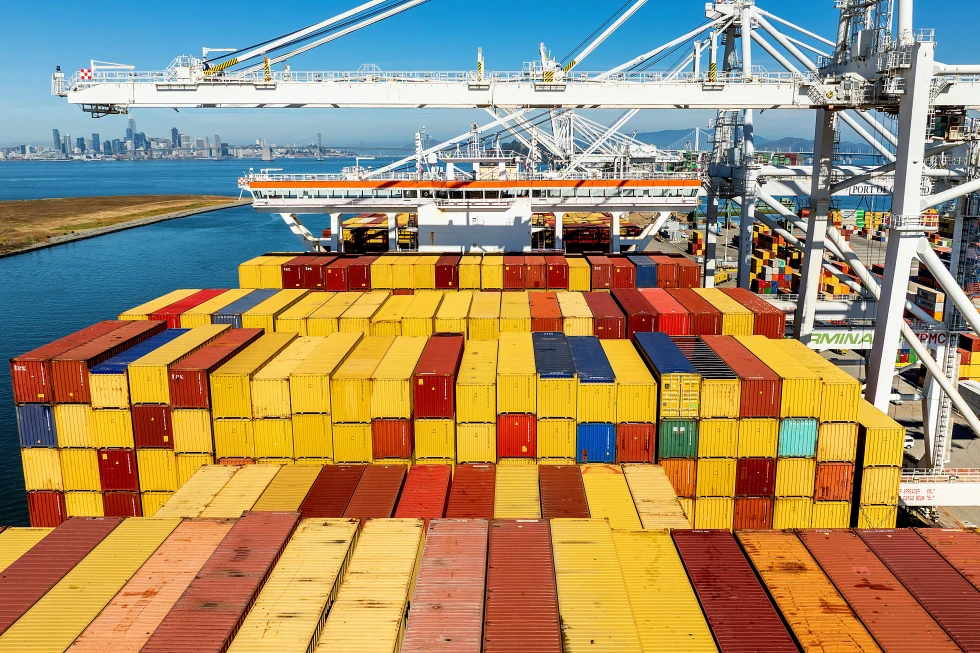

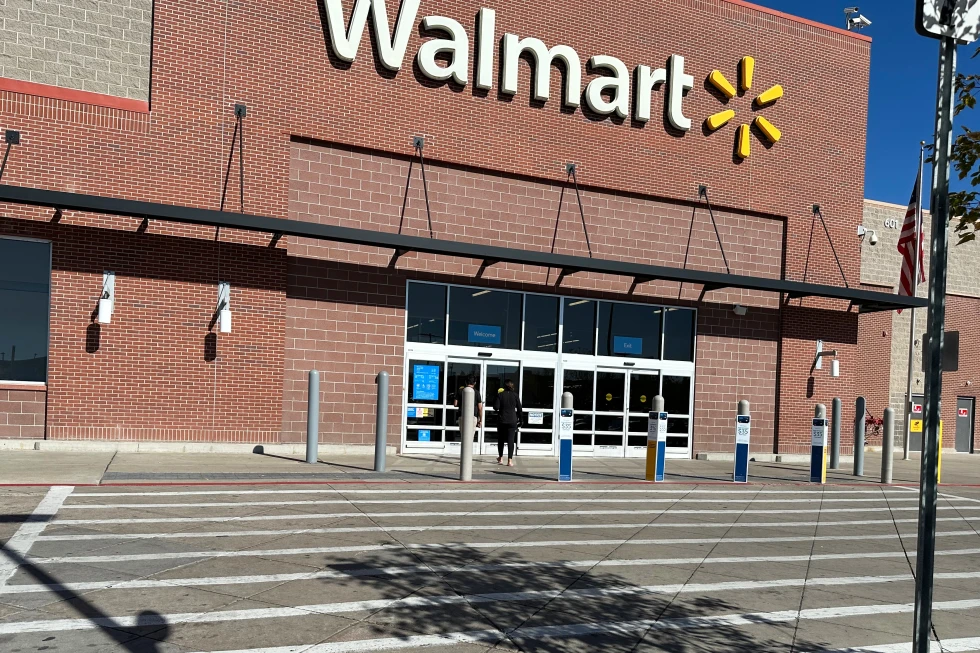
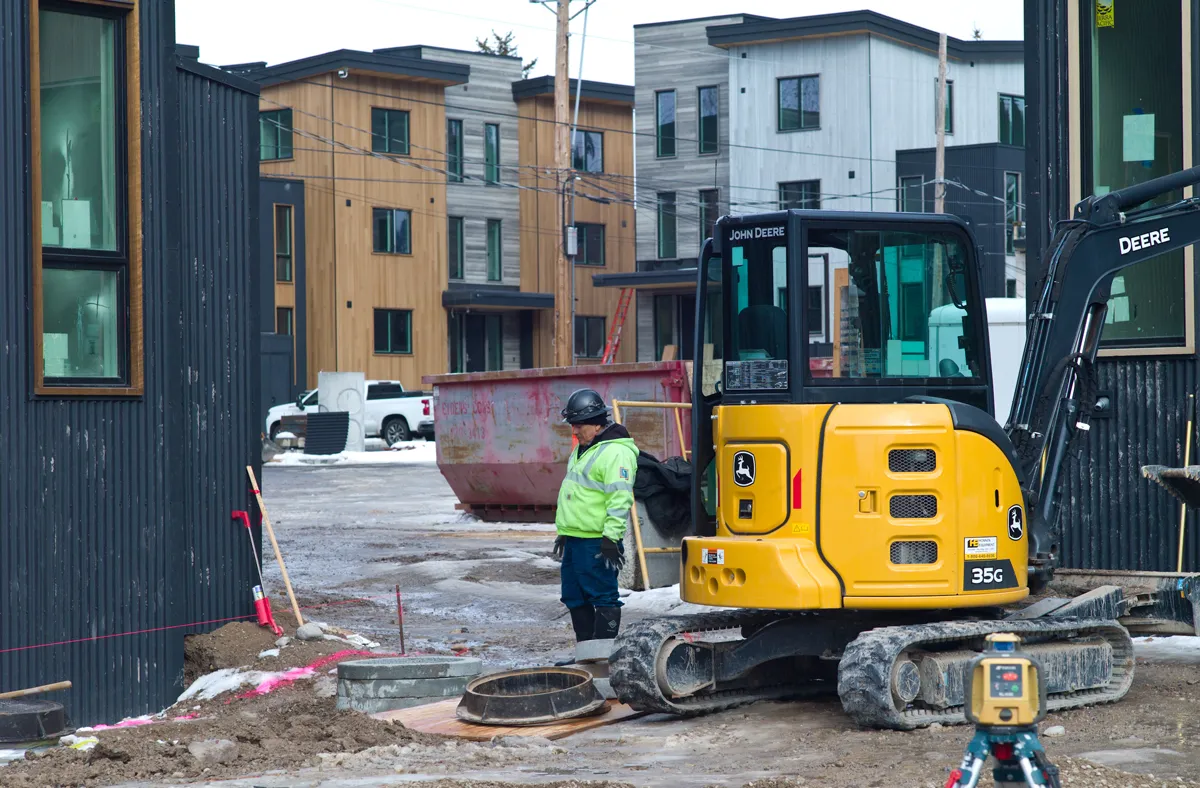
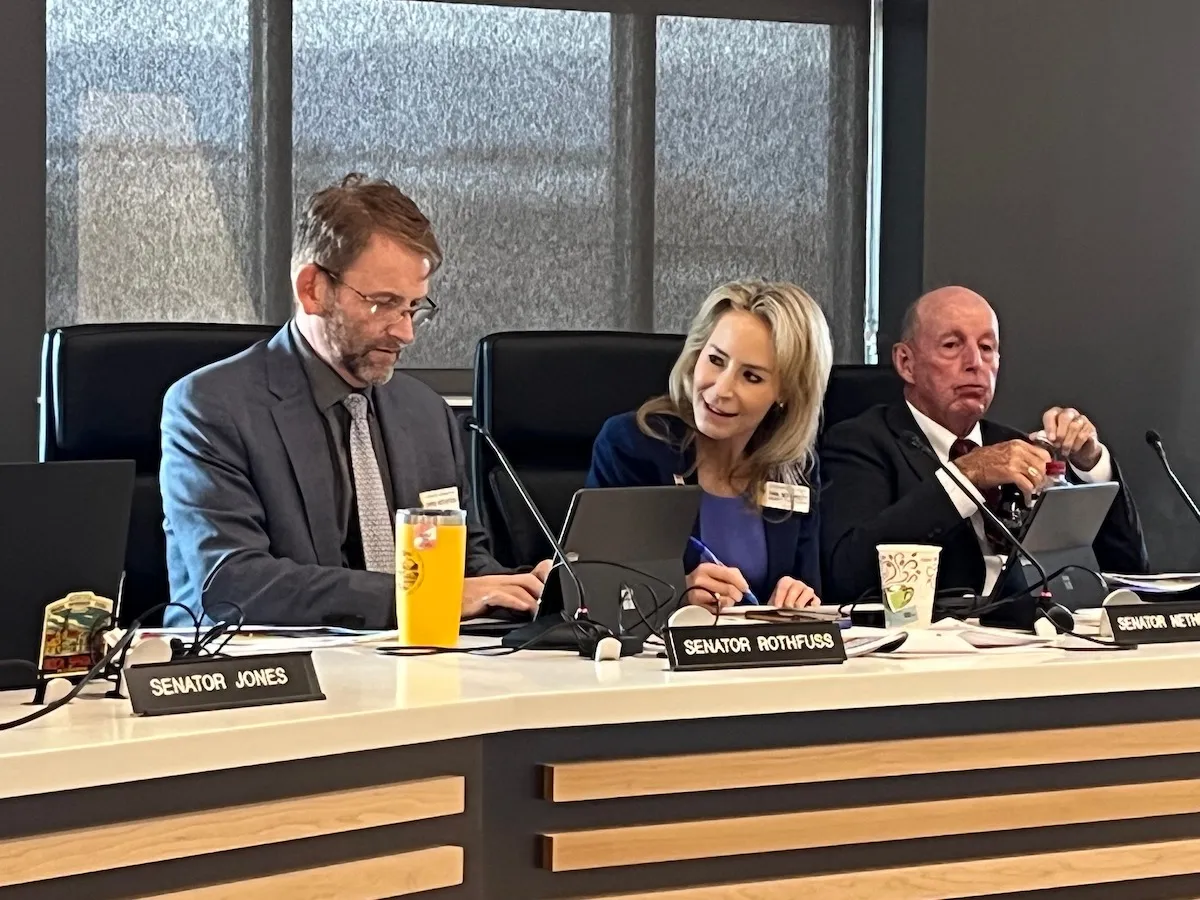




The latest news in your social feeds
Subscribe to our social media platforms to stay tuned